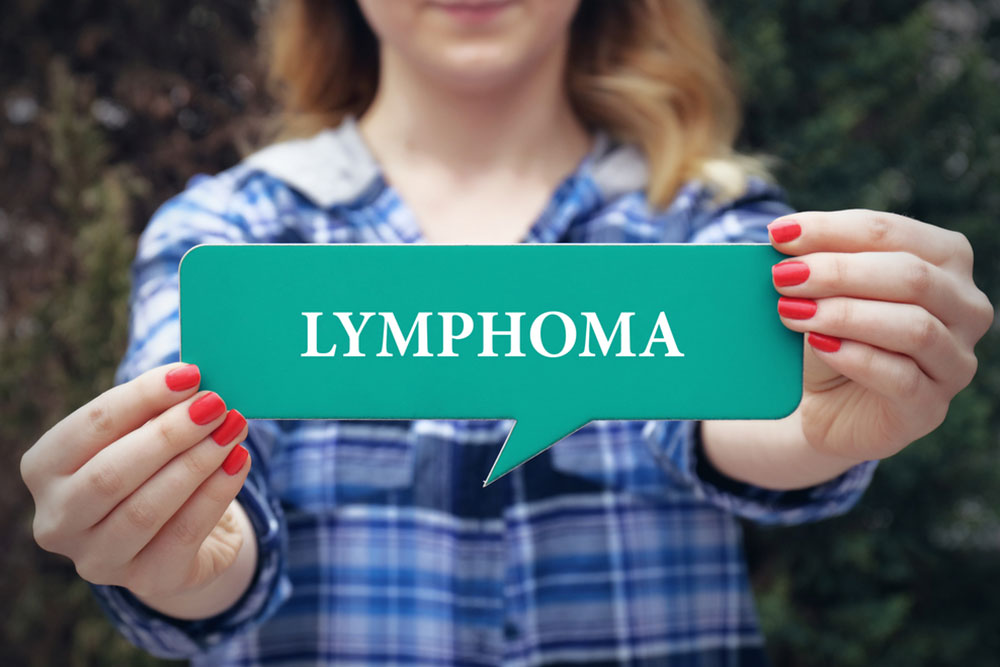Comprehensive Guide to Effective Lymphoma Management Strategies
This comprehensive guide explores effective strategies for managing lymphoma, including current treatment options, lifestyle adjustments, and nutritional recommendations. Early detection and personalized therapies like targeted drugs, immunotherapy, and stem cell transplants are highlighted. Emphasizing healthy habits such as balanced nutrition, regular exercise, and stress management, the article aims to empower patients and caregivers with valuable insights into controlling and overcoming lymphoma. A holistic approach integrating medical advancements and lifestyle modifications can significantly enhance quality of life and treatment success.

Comprehensive Guide to Effective Lymphoma Management Strategies
The lymphatic system plays a vital role in maintaining the body's immune defenses, comprising essential components such as lymph nodes, the spleen, thymus gland, and bone marrow. When malignant transformations occur within these components, it leads to a condition known as lymphoma. Understanding the types, symptoms, and treatment options for lymphoma is crucial for early intervention and improved outcomes. Lymphoma is primarily categorized into Hodgkin’s lymphoma and non-Hodgkin’s lymphoma, with the latter being more common worldwide. Recognizing early warning signs and seeking prompt medical evaluation can significantly enhance the effectiveness of treatment plans.
Understanding Lymphoma and Its Types
Lymphoma develops when abnormal lymphocytes—white blood cells vital for immune response—mutate and multiply uncontrollably. Hodgkin’s lymphoma, characterized by the presence of Reed-Sternberg cells, typically follows a predictable pattern of spread and offers high curability with current therapies. Non-Hodgkin’s lymphoma (NHL), on the other hand, encompasses a diverse group of lymphoid cancers that differ in behavior, treatment response, and prognosis. NHL accounts for about 85% of all lymphoma cases and includes various subtypes like diffuse large B-cell lymphoma, follicular lymphoma, and marginal zone lymphoma. Early diagnosis and staging are critical for tailoring effective treatment strategies.
Key Factors in Lymphoma Treatment
The management of lymphoma depends significantly on the disease stage, patient's overall health, specific subtype, and disease progression. Once diagnosed, doctors determine the stage through imaging techniques such as CT scans, PET scans, and biopsy results. This staging influences the treatment approach, which can range from watchful waiting in indolent cases to aggressive combination therapies in advanced stages. The primary goals are to eliminate cancer cells, prevent recurrence, and minimize treatment-related side effects.
Advances in Treatment Options
Modern lymphoma treatments involve a combination of therapies tailored to the individual patient's needs. Chemotherapy remains a cornerstone, often combined with targeted therapies that specifically attack cancer cells while sparing healthy tissue. One such targeted therapy involves drugs that inhibit Bruton tyrosine kinase (BTK), an enzyme critical for lymphoma cell survival and proliferation. For example, medications like ibrutinib have shown promising results, especially in certain non-Hodgkin’s subtypes.
In addition to oral medications, immunotherapy has revolutionized lymphoma treatment, with agents like monoclonal antibodies (e.g., rituximab) that target specific markers on malignant cells. CAR T-cell therapy, a cutting-edge treatment involving modifying a patient’s T-cells to attack lymphoma cells, has achieved remarkable success in refractory cases. Chemotherapy regimens such as CHOP or R-CHOP are often combined with radiation therapy for localized disease.
Stem cell transplantation, both autologous and allogeneic, offers potential cures in advanced or relapsed cases by replacing diseased bone marrow with healthy stem cells. These intensive treatments require careful patient selection and supportive care but can significantly improve survival rates.
Nutritional Strategies and Lifestyle Modifications
While no diet can cure lymphoma, maintaining proper nutrition is essential for supporting the immune system during treatment and recovery. Patients are encouraged to consume a diet rich in antioxidants, vitamins, and minerals that bolster overall health. Favor fresh fruits such as oranges, berries, and avocados, as well as vegetables like carrots, sweet potatoes, broccoli, spinach, kale, and cauliflower—all of which contain compounds beneficial for immune health and potentially reducing relapse risks.
Patients experiencing low white blood cell counts should be cautious with foods containing live bacteria or molds, such as raw honey, certain cheeses, kimchi, and probiotic-rich yogurts, to minimize infection risks. Hydration, balanced meals incorporating lean proteins, healthy fats, and whole grains, and proper calorie intake are vital components of supportive care.
Healthy Lifestyle Choices to Support Lymphoma Management
Integrating regular physical activity into daily routines can significantly enhance physical and mental well-being. Activities like brisk walking, cycling, swimming, or yoga for at least 30 minutes, five days a week, help strengthen muscles, improve cardiovascular health, and reduce fatigue. Exercise also helps in managing stress and improving sleep quality, which are important during cancer treatment.
Complementary relaxation techniques such as meditation, mindfulness, tai chi, or deep breathing exercises can effectively decrease stress levels, foster emotional resilience, and promote recovery. Avoiding smoking, limiting alcohol intake, and ensuring adequate rest are additional lifestyle measures that support the efficacy of medical treatments. Overall, a holistic approach combining medical treatment, nutrition, and lifestyle habits offers the best chances for managing lymphoma effectively.





